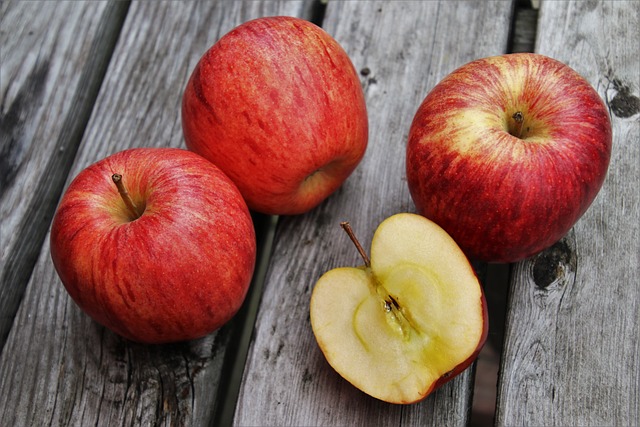Probiotics 101: Everything You Need to Know About These Beneficial Bacteria
Probiotics have gained significant attention in recent years for their potential health benefits. These living microorganisms, often referred to as “beneficial bacteria,” have been linked to improved digestion, boosted immunity, and other positive effects on human health. In this article, we will explore everything you need to know about probiotics and how they can support your well-being.
What are Probiotics?
Probiotics are live bacteria and yeasts that are good for your health, especially your digestive system. Although bacteria are often associated with illness, your body is home to trillions of bacteria, both good and bad. Probiotics are the beneficial bacteria that help keep your gut healthy by balancing out the harmful bacteria.
How Do Probiotics Work?
Probiotics work in several ways to support your health. The two main ways they benefit your body are through restoring and maintaining a healthy balance of gut bacteria and through their interaction with your immune system.
In the gut, probiotics help maintain a balance between good and bad bacteria. This balance is crucial for proper digestion and nutrient absorption. When the equilibrium is disrupted, it can lead to digestive issues such as bloating, diarrhea, or constipation. Probiotics promote the growth of beneficial bacteria, helping restore the balance and alleviate these symptoms.
Probiotics also interact with the immune system. They stimulate the production of antibodies and enhance the activity of immune cells. This immune-boosting effect can help reduce the risk of infections and allergies.
Sources of Probiotics
Probiotics are naturally found in certain foods and supplements. Some common sources of probiotics include:
- Yogurt: Yogurt is one of the most well-known sources of probiotics. Look for yogurts labeled with “live and active cultures.”
- Kefir: Similar to yogurt, kefir is a fermented milk beverage that contains multiple strains of probiotics.
- Sauerkraut: Sauerkraut is made by fermenting cabbage and is a good source of various probiotic strains.
- Kombucha: Kombucha is a fermented tea that contains live probiotics and is known for its detoxifying properties.
- Miso: Miso is a traditional Japanese seasoning made by fermenting soybeans. It is often used in soups and stews and contains beneficial probiotics.
- Supplements: Probiotic supplements are available in many forms, including capsules, powders, and chewable tablets. They can provide specific strains and higher concentrations of probiotics.
The Benefits of Probiotics
Probiotics offer a range of potential health benefits. Some of the key benefits include:
- Improved Digestion: Probiotics help break down food and absorb nutrients, promoting better digestion and reducing digestive discomfort.
- Enhanced Immunity: By supporting the immune system, probiotics can help reduce the risk of infections, allergies, and autoimmune diseases.
- Reduced Risk of Diarrhea: Certain strains of probiotics have demonstrated effectiveness in preventing and treating various types of diarrhea, including antibiotic-associated diarrhea and infectious diarrhea.
- Management of Irritable Bowel Syndrome (IBS): Probiotics may help alleviate symptoms of IBS, such as abdominal pain, bloating, and altered bowel movements.
- Lowered Blood Pressure: Some studies suggest that specific strains of probiotics can help reduce blood pressure levels, contributing to heart health.
- Mood Regulation: Emerging research suggests a connection between gut health and mental well-being. Probiotics may play a role in reducing symptoms of anxiety and depression.
Choosing the Right Probiotic
When selecting a probiotic supplement, there are a few factors to consider:
- Strain







